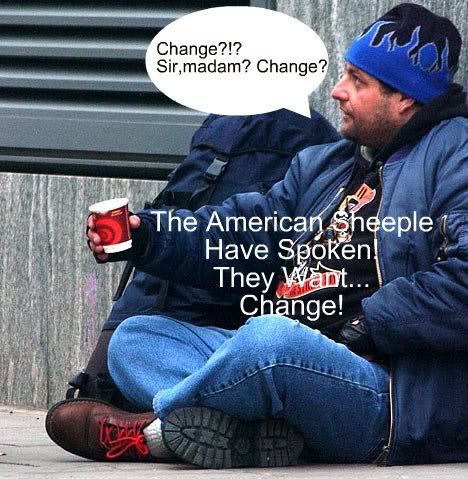It is the typical wall street, stop me before I steal, BS.
low- and moderate-income communities and minority borrowers have not historically enjoyed full access to credit. The Community Reinvestment Act (CRA) was enacted in 1977 to help overcome barriers to credit that these groups faced. Scholars have long leveled numerous critiques against CRA as unnecessary, ineffectual, costly, and lawless. Many have argued that CRA should be eliminated
During the mid 1970s, the notion that banks contributed to theeconomic decline of inner cities gained popularity among government officials andcommunity activists. Lenders allegedly “redlined” these neighborhoods—drawing a redline, both literally and figuratively, around areas with perceived undesirablecharacteristics and systematically refusing credit to residents, regardless of individualcreditworthiness. Because these neighborhoods were predominantly low- and middle-income (LMI), as well as minority, activists and leaders condemned redlining as unlawfuldiscrimination.
Started even before Carter.
But it is what it is.
Doesn't matter whether or not you ever desired to “own property”, or could actually afford to own,and pay the perpetual maintenance,taxes and insurance on your property.
If you didn’t “own” some property, you were the supposed victim of some form of “discrimination”.
But no property is ever truly free and clearly owned, is it?
If my great-grandmother bequeathed to me one acre in Kentucky, that our family had “owned” for several hundred years, it doesn't really matter at all that she “owned” that property.
What matters, is whether or not I can afford to pay taxes on that property.
Nonprofit Groups Press
For Subprime Relief;
Deciding Who Gets Help
Paulo Perez, a graphic artist, hasn’t made payments in months on the $330,000 mortgage on his ranch house in La Puente, Calif. It fell to Citigroup Inc.’s mortgage-servicing unit to decide what to do about that.
After Citigroup moved to foreclose on him, Mr. Perez, who is 28 years old, asked the financial giant to cut his monthly payments to a level he can afford. Citigroup representatives eventually said no, offering him a less appealing suggestion: Sell your house, turn over the proceeds, and we won’t go after you for any unpaid balance.
Acorn and other nonprofit community groups contend that mortgage servicers have no right to play hardball with borrowers. Subprime lenders, these groups say, talked customers into loans they couldn’t afford by encouraging them to overstate their incomes and by basing the loans on inflated appraisals. Anyone with steady enough income to make regular monthly payments should get a restructured mortgage, the groups argue.
On the other hand, Douglas Duncan, chief economist for the Mortgage Bankers Association, argues that lenders aren’t the only ones to blame for the subprime-lending debacle. Among the many culpable parties, he says, are the borrowers who didn’t follow through on their obligations.
Bruce Marks, executive director of the Neighborhood Assistance Corp. of America, or NACA, another national nonprofit group, characterizes Ameriquest and Argent as “the worst of the worst” subprime lenders. “They incentivized brokers and lenders to throw money at people knowing they couldn’t afford these loans....These homeowners were never qualified correctly and they deserve modification.” (In an unrelated case in 2002, Household International Inc., which has since been acquired by HSBC Holdings PLC, agreed to a $484 million settlement over alleged lending abuses.) A spokesman for ACC declined to comment.
For years, groups such as Acorn and NACA have pressed Citigroup and other lenders to step up mortgage lending to lower-income customers. When subprime mortgages began going bad, these groups began pushing banks not to lower the boom on borrowers. They have leverage. The Community Reinvestment Act requires banks to help meet the credit needs of communities in which they operate, and regulators often seek feedback from the groups when deciding whether to permit financial institutions to open new branches. The groups sometimes organize boycotts.
In Granada Hills, Calif., Natalie Brandon is fighting to keep the three-bedroom ranch house she bought in 1985 for $105,000. Mrs. Brandon, 51, does medical billing for doctors; her husband is a dispatcher for a local gas utility. Last year, she got a $625,500 mortgage from Argent, now owned by Citigroup. Her 7.99% interest rate isn’t set to rise until next June, but she already is behind on payments.
Over the past five years, she has refinanced her home five times, each time taking out cash and paying prepayment penalties. Last year, all she had to do to refinance was state that she and her husband earned a combined $100,000. She says she used the proceeds to pay off $30,000 owed on her white Lexus.
Mrs. Brandon figures if she sold her home today, she wouldn’t get more than $450,000 — what a nearby home sold for in foreclosure.
http://tinyurl.com/45v63x
